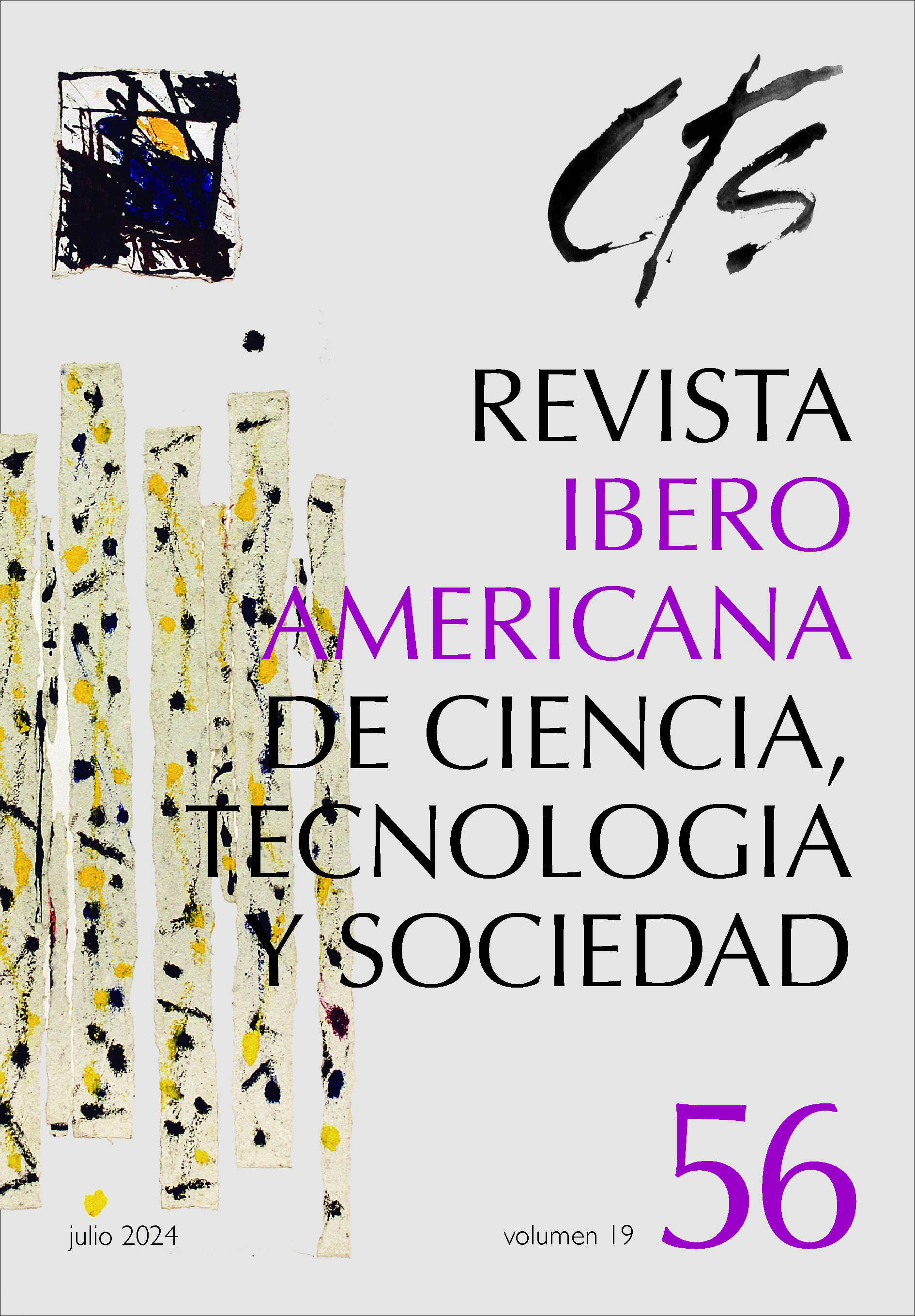Epistemic Injustice and Reproduction of Gender Bias in Artificial Intelligence
DOI:
https://doi.org/10.52712/issn.1850-0013-555Keywords:
technology, gender biases, feminism, artificial intelligenceAbstract
Generative AIs reify and circulate existing gender gaps and biases, but give them a veneer of objectivity and neutrality despite the opacity of their processes and ability to reproduce and increase situations of inequality and exclusion. The situation is one of clear algorithmic and epistemic injustice that confronts us with major challenges in our modern democracies. With examples of specific cases and with the critical review of important texts that offer interpretative keys to understand the impact of the rapid development and implementation of these tools, we will outline some guidelines that will require more in-depth studies, but that aim to collect, from the perspective of science, technology and gender studies, new challenges for the development of the discipline and to envision the possibilities of a feminist AI.
Downloads
References
Coeckelbergh, M. (2021). Ética de la Inteligencia Artificial. Madrid: Cátedra.
Crawford, K. (2021). Atlas of AI: Power, Politics, and the Planetary Costs of Artificial Intelligence. New Haven: Yale University Press.
Criado Pérez, C. (2019). Invisible Women: Exposing Data Bias in a World Designed for Men. Londres: Chatto & Windus.
Dastin, J. (2022). Amazon scraps secret AI recruiting tool that showed bias against women. En K. Martin (Comp.), Ethics of Data and Analytics. Concepts and cases (296-299). CRC Press Taylor & Francis Group.
Eubanks, V. (2018). Automating Inequality: How High-Tech Tools Profile, Police and Punish the Poor. Nueva York: St. Martin’s Press
Fricker, M. (2007). Epistemic Injustice. Power & the Ethics of Knowing. Oxford: Oxford University Press.
Gray, M. & Suri, S. (2019). Ghost Work: How to Stop Silicon Valley from Building a New Global Underclass. Boston: Harcourt.
Han, B. C. (2022). Infocracia. Madrid: Taurus.
Hayles, N. K. (2023). Technosymbiosis: Figuring (Out) Our Relations to AI. En Feminism and AI. En J. Browne, S. Cave, E. Drage & K. McInerney (Eds.), Feminist AI: Critical Perspectives on Algorithms, Data, and Intelligent Machines (1-18). Oxford: Oxford University Press.
Jasanoff, S. (2004). States of Knowledge. The Co-production of Science and Social Order. Londres: Routledge.
Jasanoff, S. (2016). The Ethic of Invention. Technology and The Human Future. Nueva York: W.W. Norton & Company Ltd.
Larson, E. J. (2022). El mito de la Inteligencia Artificial. Por qué las máquinas no pueden pensar como nosotros lo hacemos. Barcelona: Shackleton Books.
O’Neil, C. (2016). Weapons of Math Destruction: How Big Data Increases Inequality and Threatens Democracy. Londres: Allen Lane.
Perdomo, I. (2024). Tecnociencia feminista. Una propuesta de demarcación. Revista Iberoamericana de Ciencia, Tecnología y Sociedad -CTS, 19(55), 127-143. DOI: https://doi.org/10.52712/issn.1850-0013-424.
Scavino, D. (2022). Máquinas filosóficas. Problemas de cibernética y desempleo. Barcelona: Anagrama.
Toupin, S. (2024). Shaping feminist artificial intelligence. New Media & Society, 26(1), 580-595. Sage Journals. DOI: https://doi.org/10.1177/14614448221150776.
Van Noorden, R. & Perkel, J. (2023). AI and Science: what 1600 researchers think. Nature, vol. 621, 28 de septiembre de 2023, 672-675. DOI: https://doi.org/10.1038/d41586-023-02980-0.
Wajcman, J. (2010). Feminist Theories of Technology. Cambridge Journal of Economics, 34(1), 144.
Wajcman, J. & Young, E. (2023). Feminism Confronts AI. En Feminism and AI. En J. Browne, S. Cave, E. Drage & K. McInerney (Eds.), Feminist AI: Critical Perspectives on Algorithms, Data, and Intelligent Machines (47-64). Oxford: Oxford University Press.
Young, E., Wajcman, J. & Sprejer, L. (2023). Mind the gender gap: inequalities in the emergent professions of artificial intelligence (AI) and data science. New Technology, Work and Employment, 1-24. DOI: https://doi.org/10.1111/ntwe.12278.
Downloads
Published
How to Cite
Issue
Section
License
Copyright (c) 2024 CC Attribution 4.0

This work is licensed under a Creative Commons Attribution 4.0 International License.
All CTS's issues and academic articles are under a CC-BY license.
Since 2007, CTS has provided open and free access to all its contents, including the complete archive of its quarterly edition and the different products presented in its electronic platform. This decision is based on the belief that offering free access to published materials helps to build a greater and better exchange of knowledge.
In turn, for the quarterly edition, CTS allows institutional and thematic repositories, as well as personal web pages, to self-archive articles in their post-print or editorial version, immediately after the publication of the final version of each issue and under the condition that a link to the original source will be incorporated into the self-archive.











